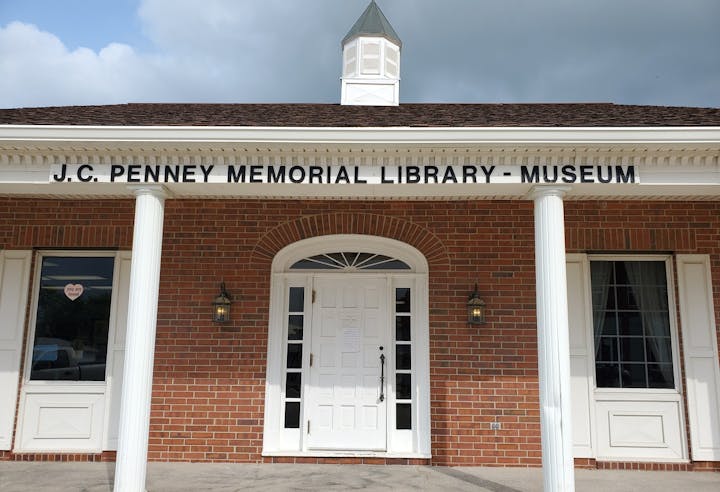About
Hamilton Public Library Mission Statement:
The mission of the Hamilton Public Library is to provide our patrons with an environment where lifelong learning, self-improvement and self-expression are encouraged.
We accomplish this by:
-offering a diverse collection of reading and reference materials;
-having readily accessible and up-to-date technology for patron use; and
-providing knowledgeable staff that can meet the needs of the community and each individual.
The whole world opened up to me when I learned to read
~ Mary Mclead Bethune

